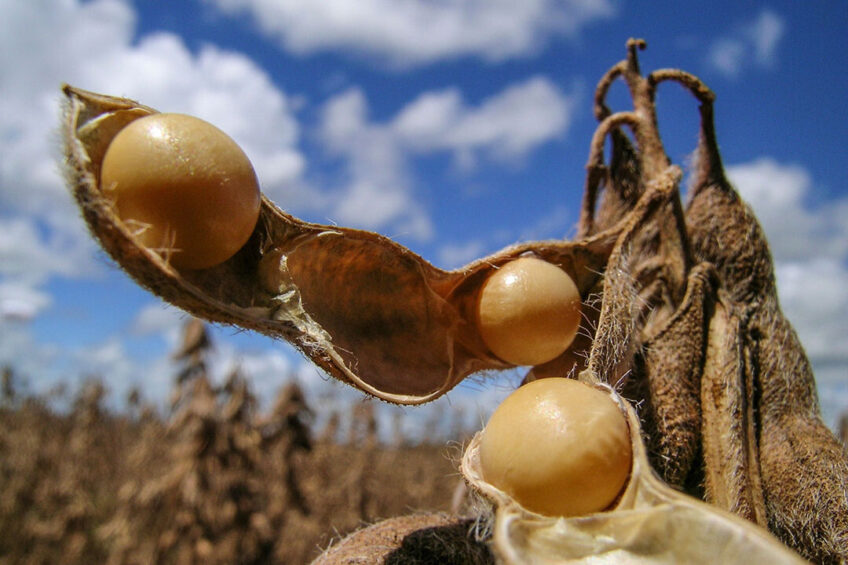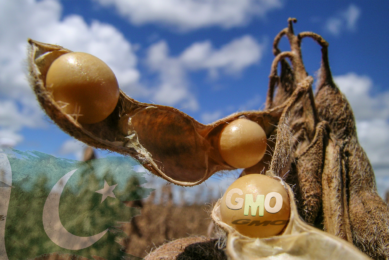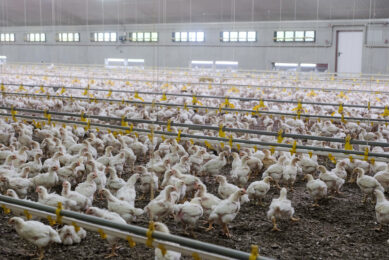Soy and rapeseed prices under pressure

The warning signs for soy were there at the beginning of this week. Prices came under pressure as a result of various factors. Rapeseed prices fell along with it.
US/China relations
US President Joe Biden’s support for Taiwan is fueling new tensions in US-China relations. And since China is normally a major buyer of US soy, this resulted directly in price pressure. On top of that, a prosperous soybean sowing in the US is making for a more optimistic view of harvest expectations.
Indonesia lifts palm oil export ban
In addition, Indonesia has lifted the export ban on palm oil. It should be noted that exports will only become possible if the domestic market is foreseen and price increases must be countered, but it is generally assumed that this will nevertheless lead to a relaxation of the vegetable oil market.
On the futures market in Chicago, the price of soy fell on Monday 23 May to about € 580 per tonne. A slightly weaker dollar helps to depress prices in euros.
Rain delays the sowing of rapeseed
Rapeseed already fell sharply in price in the middle of last week. Rain in Canada is slowing down the sowing of rapeseed, but on the other hand, the rain could be beneficial for yield potential in the longer term. The latter weighed most heavily and as a result rapeseed prices in Canada and on the futures market in Paris fell. The quotation has fallen from €880 per tonne to €820 per tonne in recent days. On Tuesday 24 May, the market recovered somewhat and prices in Paris rose again towards € 830 per tonne.
German farmers disgruntled
German farmers are a bit aggrieved at the current prices. According to the German association of traders Bundesverband Agrarhandel, their members want to keep farmers at previously agreed prices. And those are prices of around € 550 per tonne. According to the association, more than half of the harvest in 2022 has already been contracted in advance. The increased energy and transport costs as a result of the war in Ukraine affect everyone and do not give any contracting party the right to no longer have to comply with agreements made, Bundesverband Agrarhandel emphasizes.











